 Welcome
Welcome
“May all be happy, may all be healed, may all be at peace and may no one ever suffer."
Pelvic inflammatory disease (PID)

Pelvic inflammatory disease (PID) is a condition that affects the female reproductive organs, including the uterus, fallopian tubes, and ovaries. PID is typically caused by a bacterial infection, most commonly a sexually transmitted infection (STI) such as chlamydia or gonorrhea.
The bacteria causing PID can enter the reproductive tract through the cervix and cause inflammation and infection in the upper genital tract. PID can cause pelvic pain, fever, abnormal vaginal discharge, and painful intercourse. If left untreated, PID can lead to serious complications, such as infertility, chronic pelvic pain, and ectopic pregnancy.
Diagnosis of PID usually involves a pelvic exam, which may reveal tenderness or pain in the pelvic region. Blood tests, urine tests, and imaging tests, such as an ultrasound, may also be used to confirm a diagnosis.
Treatment of PID typically involves antibiotics to clear the bacterial infection. In some cases, hospitalization may be necessary, especially if the infection is severe or if the woman is pregnant. During treatment, sexual activity should be avoided to prevent further spread of the infection. It is also important for the patient's sexual partner(s) to be tested and treated for any possible STIs to prevent reinfection.
Prevention of PID involves practicing safe sex, such as using condoms, getting regular STI testing, and treating STIs promptly. It is also important for women to seek medical attention promptly if they experience any symptoms of PID, as early diagnosis and treatment can help prevent serious complications.
Research Papers
Disease Signs and Symptoms
- Pelvic pain
- Painful, frequent or difficult urination
- Foul menstruation or vaginal discharge
- Nausea or vomiting
- Lower abdomen pain
- Abdomen pain
- Burning during urination
- Fever and chills
- Fever
- Painful sexual intercourse (dyspareunia)
- Abnormal or heavy vaginal discharge that may have an unpleasant odor
- Blisters in the mouth or throat may make it hard to swallow and eat.
Disease Causes
Pelvic inflammatory disease (PID)
Many types of bacteria can cause PID, but gonorrhea or chlamydia infections are the most common. These bacteria are usually acquired during unprotected sex.
Less commonly, bacteria can enter your reproductive tract anytime the normal barrier created by the cervix is disturbed. This can happen during menstruation and after childbirth, miscarriage or abortion. Rarely, bacteria can also enter the reproductive tract during the insertion of an intrauterine device (IUD) — a form of long-term birth control — or any medical procedure that involves inserting instruments into the uterus.
Disease Prevents
Pelvic inflammatory disease (PID)
To reduce your risk of pelvic inflammatory disease:
- Practice safe sex. Use condoms every time you have sex, limit your number of partners and ask about a potential partner's sexual history.
- Talk to your doctor about contraception. Many forms of contraception do not protect against the development of PID. Using barrier methods, such as a condom, helps to reduce your risk. Even if you take birth control pills, use a condom every time you have sex with a new partner to protect against STIs.
- Get tested. If you're at risk of an STI, make an appointment with your doctor for testing. Set up a regular screening schedule with your doctor if needed. Early treatment of an STI gives you the best chance of avoiding PID.
- Request that your partner be tested. If you have pelvic inflammatory disease or an STI, advise your partner to be tested and treated. This can prevent the spread of STIs and possible recurrence of PID.
- Don't douche. Douching upsets the balance of bacteria in your vagina.
Disease Treatments
Prompt treatment with medicine can get rid of the infection that causes pelvic inflammatory disease. But there's no way to reverse any scarring or damage to the reproductive tract that PID might have caused. Treatment for PID most often includes:
- Antibiotics. Your doctor will prescribe a combination of antibiotics to start immediately. After receiving your lab test results, your doctor might adjust your prescription to better match what's causing the infection. You'll likely follow up with your doctor after three days to make sure the treatment is working. Be sure to take all of your medication, even if you start to feel better after a few days.
- Treatment for your partner. To prevent reinfection with an STI, your sexual partner or partners should be examined and treated. Infected partners might not have any noticeable symptoms.
- Temporary abstinence. Avoid sexual intercourse until treatment is completed and symptoms have resolved.
If you're pregnant, seriously ill, have a suspected abscess or haven't responded to oral medications, you might need hospitalization. You might receive intravenous antibiotics, followed by antibiotics you take by mouth.
Surgery is rarely needed. However, if an abscess ruptures or threatens to rupture, your doctor might drain it. You might also need surgery if you don't respond to antibiotic treatment or have a questionable diagnosis, such as when one or more of the signs or symptoms of PID are absent.
Disease Diagnoses
Disease Allopathic Generics
Disease Ayurvedic Generics
Disease Homeopathic Generics
Disease yoga
Pelvic inflammatory disease (PID) and Learn More about Diseases

Obesity
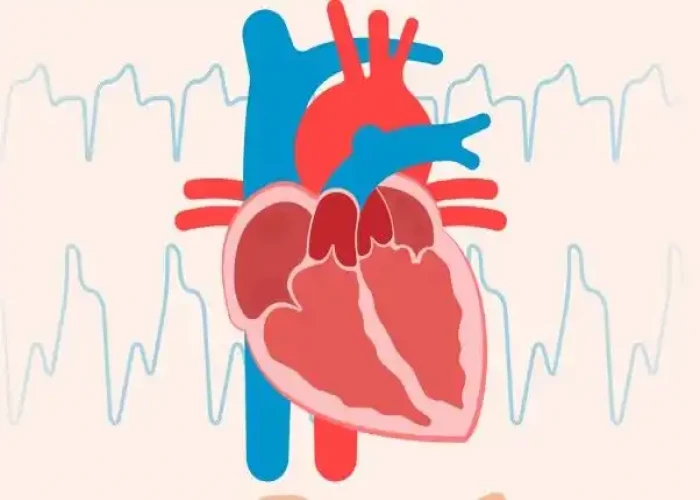
Truncus arteriosus
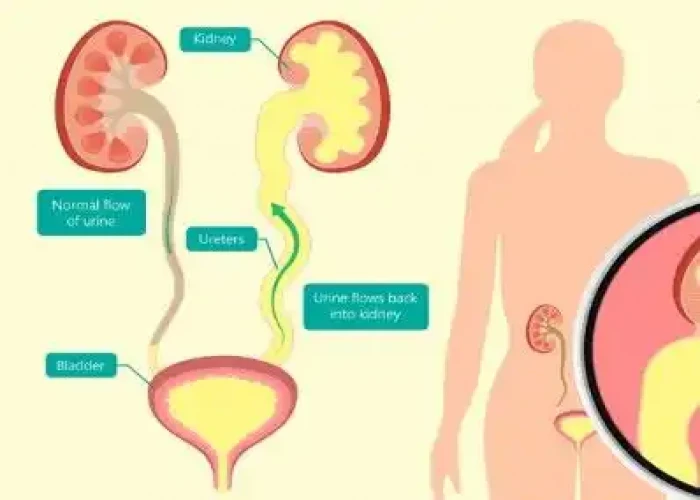
Vesicoureteral reflux
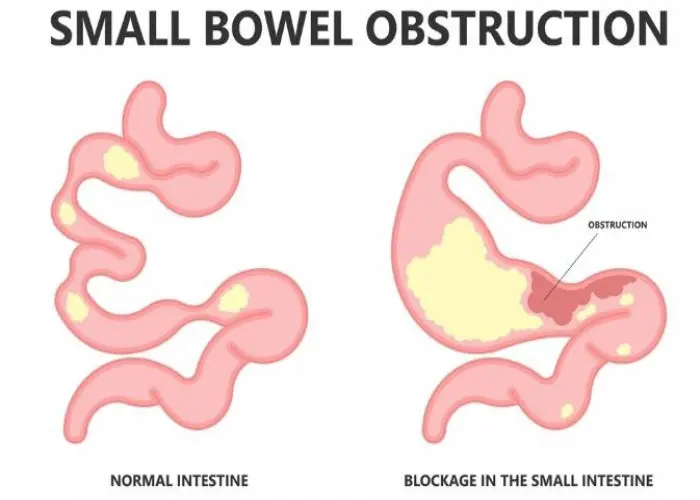
Intestinal obstruction
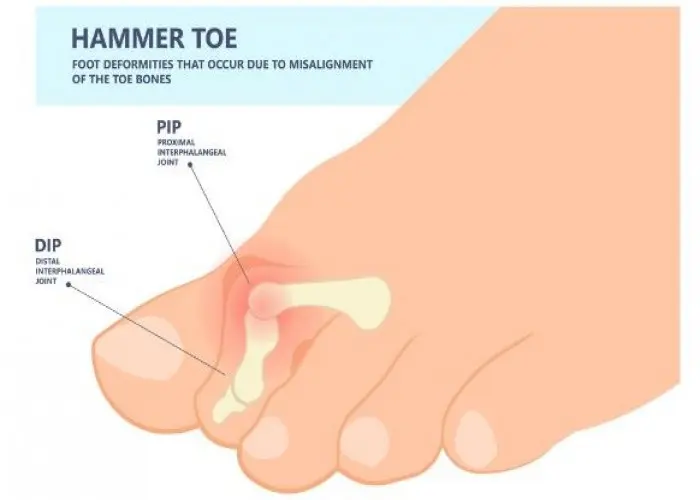
Hammertoe and mallet toe
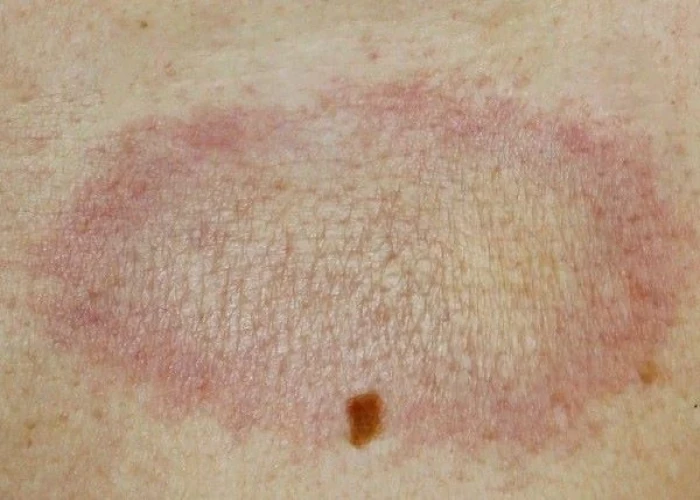
Morphea

Complex regional pain syndrome

Mesothelioma
Pelvic inflammatory disease, pid, পেলভিক প্রদাহজনিত রোগ, পিআইডি
To be happy, beautiful, healthy, wealthy, hale and long-lived stay with DM3S.
